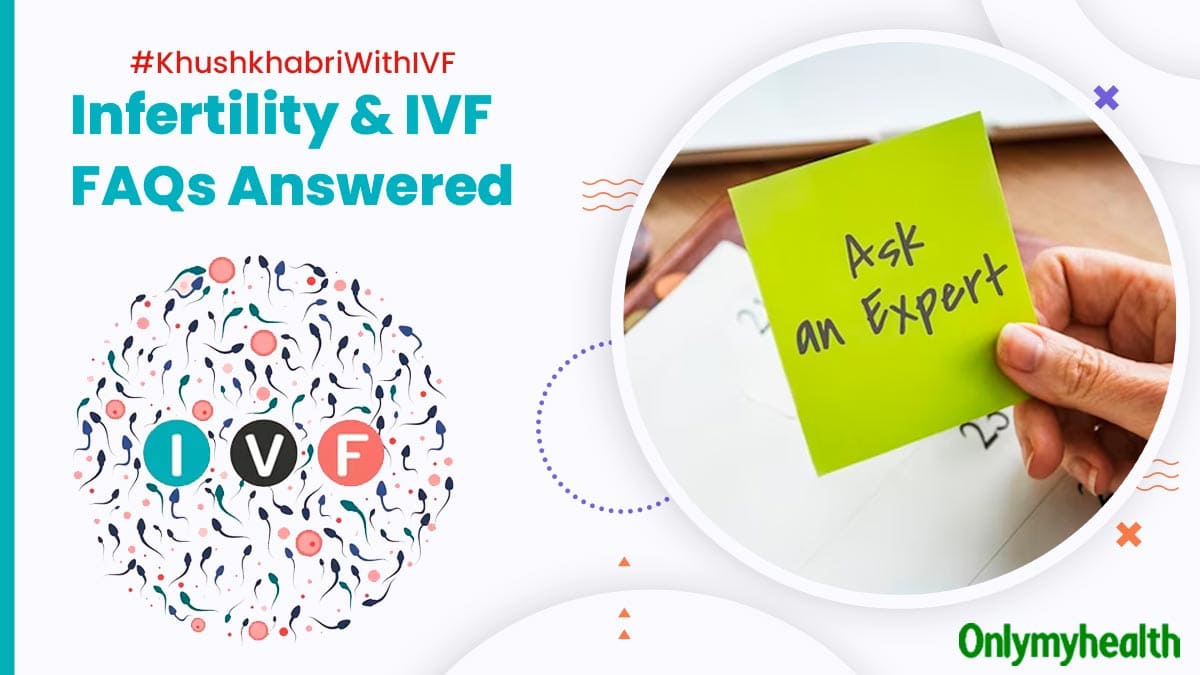
Infertility is defined as the inability of
a couple to conceive after one year of unprotected intercourse in a woman under
the age of 35 years, or after six months when the women?s age is over 35 years.
It affects around 10-15% of couples in India.
As
the age of a female advances there is a decrease in her egg numbers and egg
quality and so her chances of conceiving per cycle or her fertility
decreases with age. If you are 20-25 years old, your chance per cycle is about
25%. At 30-35 years, it is about 15%. After 35 years of age, it may be about
10% per ovulatory cycle, and the chances continue a downward trend.
Couples are
generally advised to seek medical help if they are unable to achieve pregnancy
after a year of unprotected intercourse or after 6 months if a woman?s age is
more than 35 years due to the age-related decline in fertility . If however a
woman has a history of painful or irregular periods or a known cause like
endometriosis it might be prudent to seek help sooner. If the male partner has
a known or suspected low sperm count, then he should also seek help
sooner rather than waiting a year. Evaluation of both partners should
begin at the same time
The
doctor interviews and examines both partners to determine their general state
of health and to evaluate disorders that may be causing infertility. If no cause
can be determined at this point, more specific tests are recommended. For
women, these include an assessment of ovulation, testing of the fallopian tubes
, uterine cavity evaluation and a basic hormonal profile. For men, initial
tests focus on semen analysis. Advice on management is given based on the test
results.
The
most common factor causing infertility in women is
ovulation disorders e.g. PCOS. Other factors include blocked fallopian
tubes, endometriosis, uterine causes. In males, it could range from
low to absent sperm count (azoospermia).
After
initial history taking and investigations you are offered a series of treatment
options based on your workup ranging from simple treatments to more advanced
options.
Timed Intercourse/Ovulation
induction (TI) ? In this we monitor a woman?s cycle and the correct time to
try is told to the couple. Many couples conceive if monitored properly till the
documentation of ovulation .
IUI: Intrauterine
insemination (IUI) is a procedure in which a husband?s processed semen
sample is placed in the woman?s uterus, at the time of ovulation with a sterile
flexible catheter. The aim is to help a good number of motile sperms reach the
Fallopian tube where fertilisation of the egg takes place. It is a simple
procedure that requires no admission or anaesthesia.
IVF-ICSI: IVF means in vitro
fertilisation, which is the fertilisation of an egg outside the body. This
fertilised egg is called an embryo and after 3-5 days of development in an
incubator, it is transferred into the womb/uterus of the patient.
We
also offer services like Blastocyst transfer,Preimplantation Genetic Testing,
Endometrial Receptivity assay for patients who have had previous failed IVF
cycles.
Not
all patients visiting a fertility centre require IVF/ICSI(test tube baby) which
is the most expensive form of treatment. A good fertility specialist helps you
conceive in the most cost-effective and natural way moving towards IVF only
when indicated. IVF / ICSI is advised only in those cases who have no or
minimal chances to conceive otherwise.
There
are many centres in the market run by people who are either not infertility
specialists or many times not even doctors. They simply act as mediators and
most of the technical work is done by a team which visits them once a month.
They have to club all patients on the dates when the team is expected to visit,
which hampers the pregnancy rates. However, in a good fertility centre, the
procedure is performed by in-house doctors throughout the year.
Infertility
is a distressing moment for any couple to go through and finding a fertility
specialist can be quite stressful. Reproductive medicine specialists treat
Reproductive disorders that affect women & men in a more specialised &
scientific manner. It is important to find a doctor who is responsive and well
matched to your needs and diagnosis.
Yes,
in today's world women are giving preference to their careers over motherhood
not realising that their biological clock is ticking. For them we have an
option in which they can freeze their embryos/oocytes for later use.
We use cookies and IP addresses to improve site performance and understand user interests. This data does not personally identify you unless you voluntarily provide information. Third-party advertisers may also use cookies.
OKPrivacy Policy